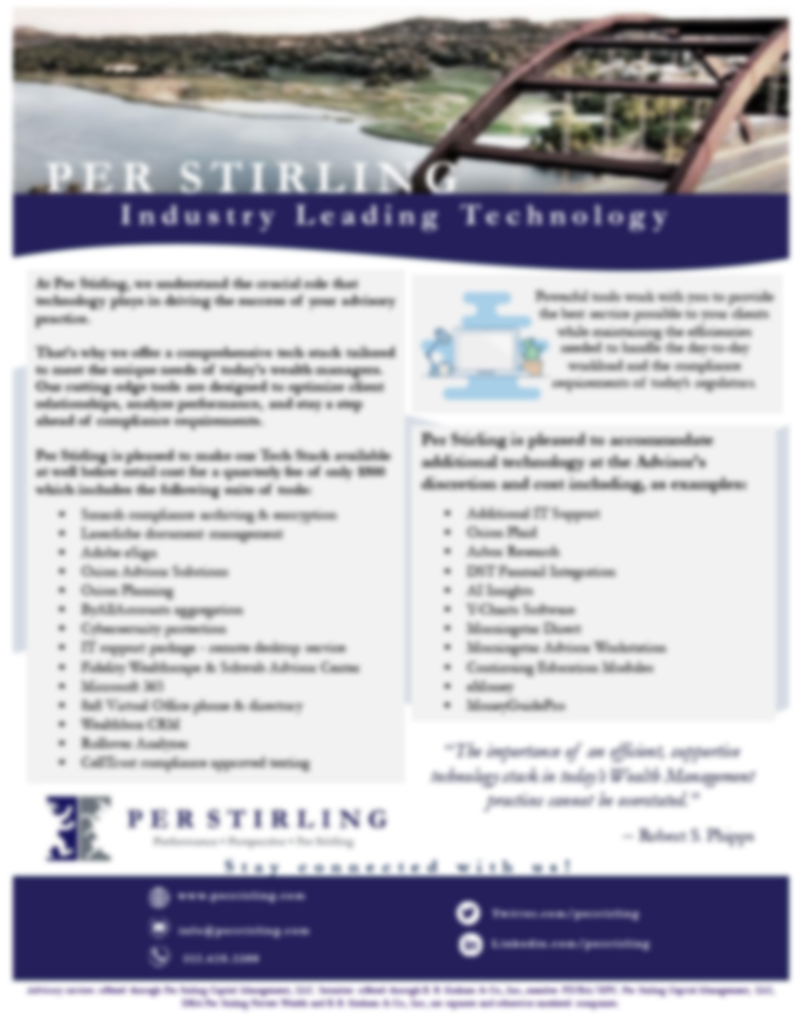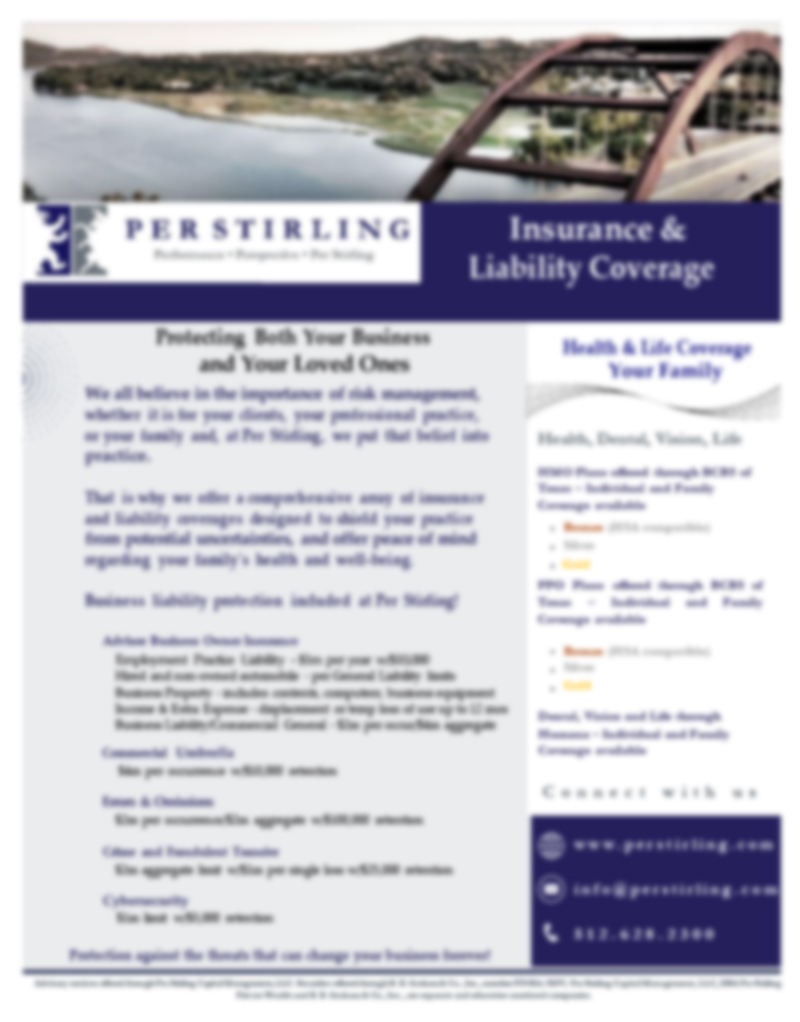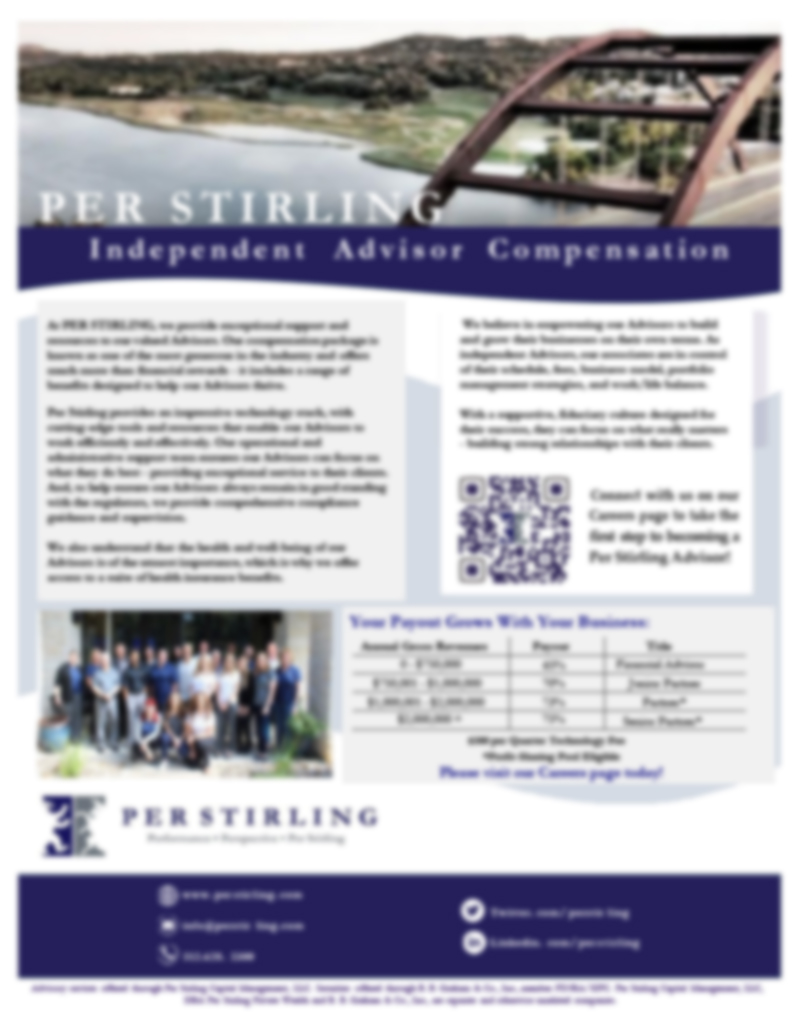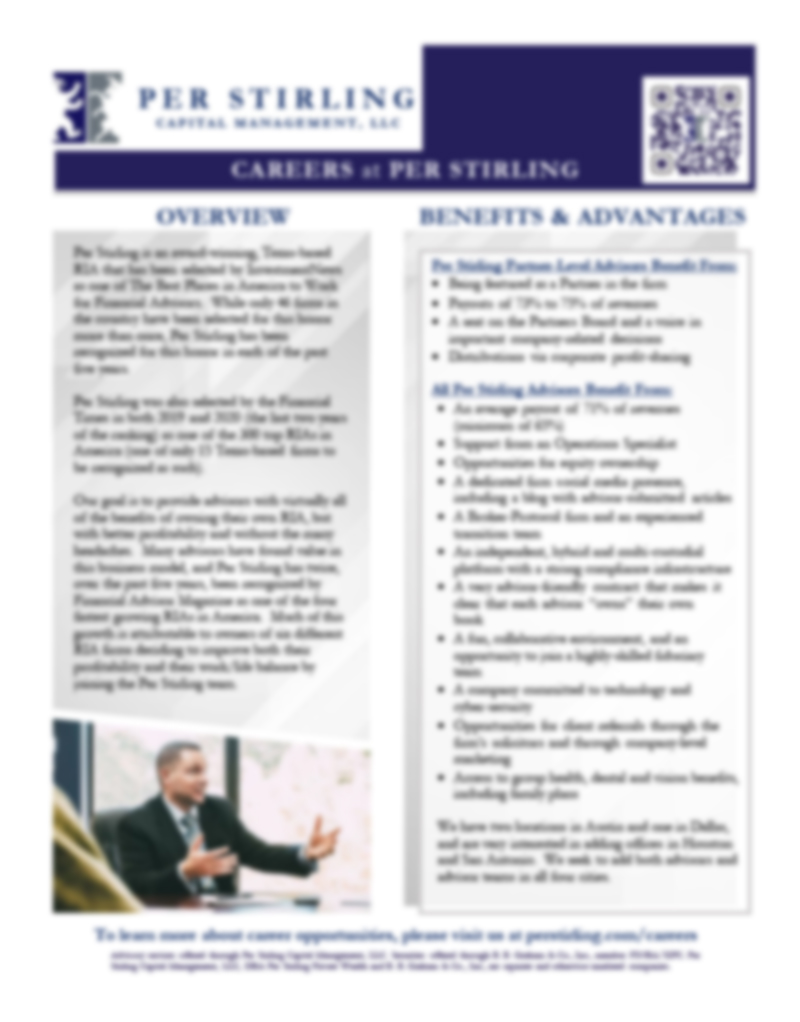07
OctoberWhy an HSA Should Be on Your Radar for 2025
Why an HSA Should Be on Your Radar for 2025
As we enter the 2025 benefits enrollment period, it’s time to start thinking about your healthcare options for the new year. While many people focus on health insurance plans, there’s one powerful tool that often gets overlooked: the Health Savings Account (HSA).
But don’t let this financial gem fly under your radar! An HSA doesn’t just help cover medical expenses—it also offers tax advantages and long-term savings potential that can seriously boost your financial future.
Let me share a story about one of my clients—let’s call her Sarah. Like many professionals, Sarah was juggling rising medical expenses with her day-to-day budget. Between prescriptions, doctor visits, and unexpected bills, she found herself struggling to stay on top of her finances—making it harder to pursue her other financial goals.
After we reviewed her options, Sarah decided to fully tap into the potential of her HSA. By contributing pre-tax dollars and using those funds for her medical needs, she was able to regain control over her budget. The best part? The tax savings allowed her to keep more of her hard-earned money while building a cushion for future healthcare costs. Today, Sarah feels more confident about her finances and is on her way to securing her financial future.
What Is an HSA?
An HSA is a tax-advantaged account specifically designed for individuals with a high-deductible health plan (HDHP). It allows you to set aside pre-tax dollars to pay for qualified medical expenses, which can include anything from doctor visits to prescription medications. Unlike Flexible Spending Accounts (FSAs), your HSA funds roll over year after year, providing you the potential to build a sizable balance over time.
The Triple Tax Advantage
One of the biggest perks of an HSA is its “triple tax advantage”:
- Contributions are tax-deductible (or made pre-tax through your employer).
- Earnings grow tax-free, as interest and investment gains within the HSA aren’t taxed.
- Withdrawals are tax-free as long as they’re used for qualified medical expenses.
This tax efficiency makes an HSA not only a great tool for covering healthcare costs but also an effective way to save for future medical expenses, including during retirement.
Long-Term Savings Potential
While many think of an HSA as a short-term account for current healthcare expenses, it can be much more than that. HSA accounts can also serve as an additional retirement savings vehicle. If you don’t need to spend your HSA funds right away, you can let the money grow tax-free and use it later in life when healthcare costs often increase. After age 65, you can even withdraw funds for non-medical expenses, though they will be taxed similarly to a traditional IRA.
Planning for 2025 and Beyond
As you prepare for the 2025 enrollment period, consider whether a high-deductible health plan paired with an HSA is the right choice for you. Not only can it save you money on taxes, but it also offers flexibility and the potential for long-term growth.
Take the time to evaluate your healthcare needs, financial goals, and the potential benefits of an HSA. It could be one of the best decisions you make for both your health and your wealth.
 Written by: Steve Cartwright, CFP®
Written by: Steve Cartwright, CFP®
If I can be of service please use this link to book an appointment.





